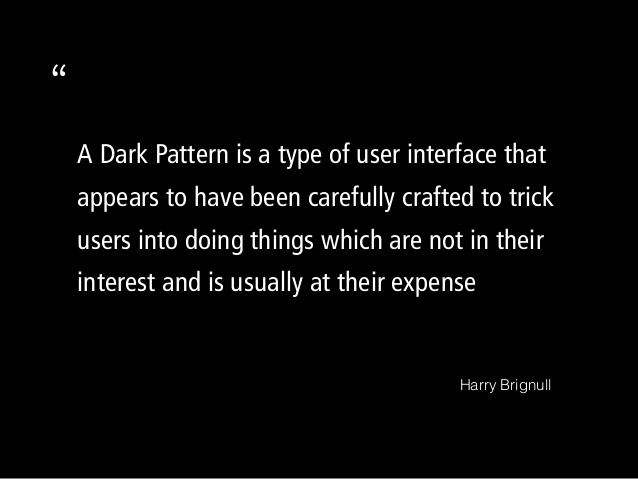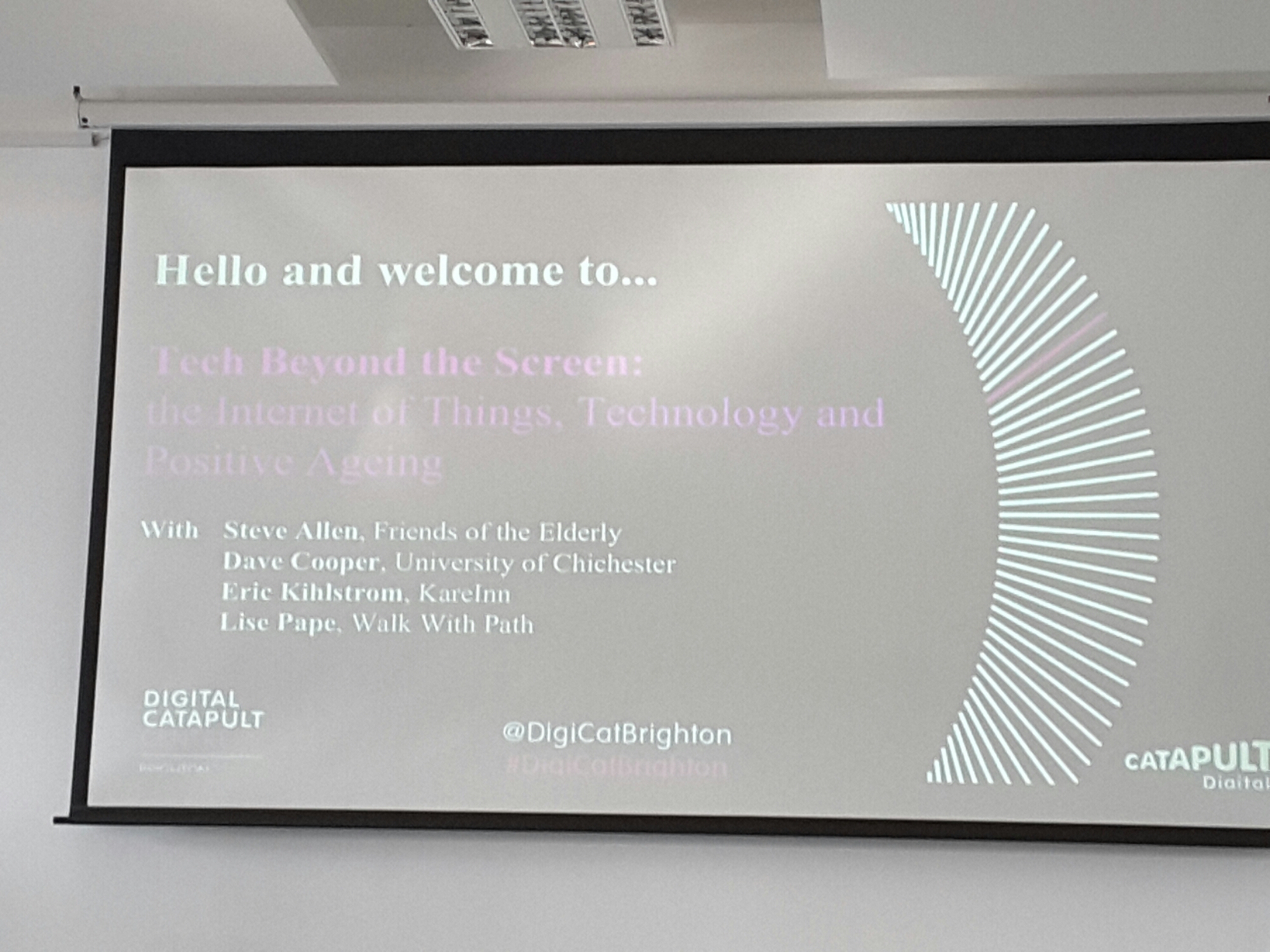We live in a time where the pace of change is frenetic. Twenty years ago, there was no Google and no Facebook. Amazon was still only a baby and Apple – while cool – was almost 4 years away from the launch of the iPod.
It’s 2017 and those four companies now dominate our lives. So much so that Scott Galloway has just published a book – The Four – that examines the companies and the effect they have.
The way that technology now dominates the world, it can be easy to shrug when news of the latest ‘big thing’ arrives. As we all get older, the shock of the new can be tough to cope with.
As Hitchhikers Guide author and polymath Douglas Adams once said:
Anything that is in the world when you’re born is normal and ordinary and is just a natural part of the way the world works; anything that’s invented between when you’re 15 and 35 is new and exciting and revolutionary and you can probably get a career in it; anything invented after you’re 35 is against the natural order of things.
Should we not bother?
As someone in their mid-40s, I could be forgiven for being one of those that Adams alludes to – looking at new developments and deciding not to bother.
Scott Galloway makes this point in his book.
The 55-year-old who says (proudly) he or she doesn’t use social media, has given up or is afraid.
But – as far as I’m concerned – that’s the wrong way to look at it. When it comes to technology, it pays to understand, rather than become the expert.
Unless you’re 11 you won’t get Snapchat, but you can at least learn what it is, why it’s popular and how it works.
Scott Galloway again:
Get in the game. Download and use apps. Use every social media platform and try to understand them. Buy some keywords and post a video on Google & YouTube.
It sounds obvious, but so many people don’t try. They assume that it’s pointless. But it isn’t.
Open to all
The one brilliant thing about emerging technology is that it’s open to everyone.
- Making and editing your own videos can be done on your own smartphone
- A chatbot can be created in just 7 minutes using a free online product, such as Chatfuel
- Social media can be played with for free
Don’t tell yourself you can’t do it. Find the time to have a go and discover just how ‘not difficult’ things really are.






While I agree with you in principle, the reality is that nothing is free, and even the apps etc you pay for want to use you as a data mine to sell on info and make a profit off you. I can’t count how many apps I’ve downloaded but when I deny access to, say, my contacts or other files/photos, I can’t use them (even though they have no need to access those things). I feel like I’m viewed as a way-out-there-conspiracy-theorist when I try to talk to others about these things, and try to find articles about how to keep my info private (and quite a few of those articles sound like they were written by way-out-there-conspiracy-theorists; will the Government take an unhealthy interest in me if I lock everything down?). Oh, and let’s not forget the small matter of mental health issues when talking about social media use… 😛
Hi Susan. You make excellent points.
I very nearly put in a disclaimer about giving up your data in return for using these ‘free’ services, so I completely agree with you there.
Actually, Scott Galloway’s book is very good at highlighting the less-palatable side of the dominance of ‘The Big Four’ in the current digital landscape and pulls no punches on what you ‘give up’ by using them.
I suppose my point is that it’s good to have an understanding of what these new technologies entail and how to use them. You can choose whether or not to completely immerse yourselves in them, but the reality is that there’s a pay-off if you decide not to engage with them at all.
Maybe encouraging everyone to watch Black Mirror is the way to stop their use?